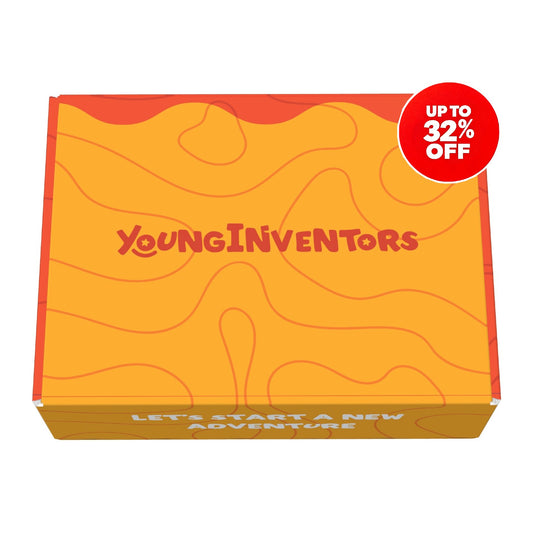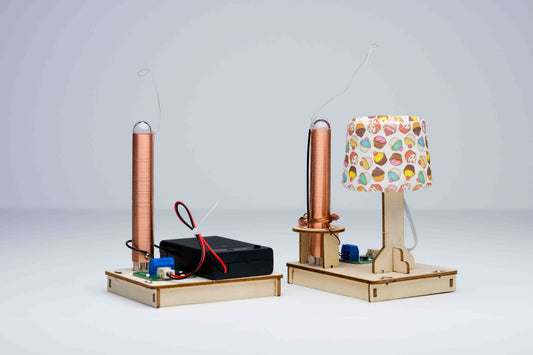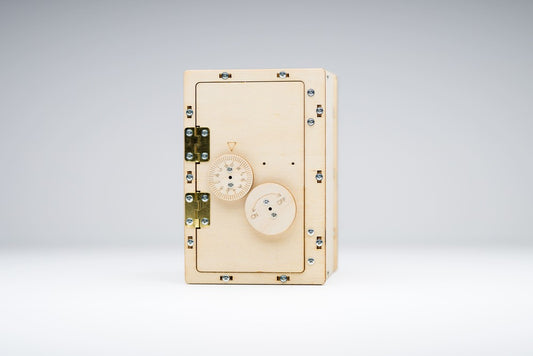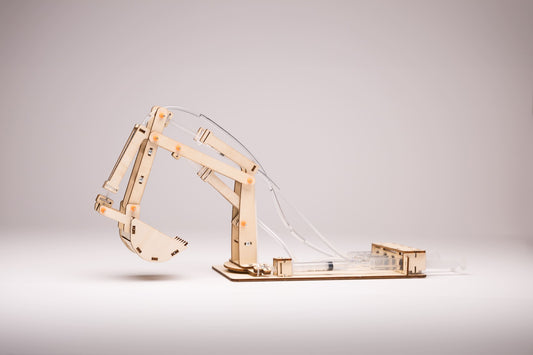As parents, we strive to provide the best education and learning experiences for our children. While traditional classroom teaching has its merits, there's something exceptionally powerful about hands-on learning. Young Inventors is here to shed light on this invaluable educational tool.
1. The Benefits of Hands-On Learning
Hands-on learning, often referred to as experiential or tactile learning, offers numerous benefits:
-
Active Engagement: Children are more engaged when they're actively participating. This type of learning sparks their curiosity, making them more receptive to new information1.
-
Improved Retention: A study from the National Training Laboratories suggests that retention rates are significantly higher when kids 'do the real thing', as opposed to just hearing or reading about it.
-
Development of Critical Skills: Beyond just academic knowledge, hands-on activities promote critical thinking, problem-solving, and fine motor skills development2.
2. STEM Kits: The Future of Hands-On Learning
One of the innovative tools emerging in the world of hands-on learning is STEM kits. Tools like the Young Inventors DIY Oil Pump or the Hand Generator immerse kids in practical scientific concepts, making complex ideas more accessible and fun. Research shows that children grasp scientific principles better when they can see and touch the mechanisms behind them.
3. Beyond The Classroom: Everyday Opportunities for Experiential Learning
Parents can extend hands-on learning beyond STEM kits and classroom settings. Here are some ideas:
-
Nature Walks: Explore your local park, garden, or beach. These environments are perfect for kids to learn about biology, ecology, and geology.
-
Cooking Together: The kitchen is a lab in disguise. Cooking touches on measurements, chemistry, and even physics!
-
Building and Crafting: Activities like building a birdhouse or sewing tap into engineering and design principles.
4. The Young Inventors Approach
At Young Inventors, we believe that every child has the potential to be a scientist, engineer, or innovator. Our range of STEM kits is meticulously designed to offer hands-on learning experiences that are both educational and entertaining. By merging theory with practice, we provide kids with a holistic learning journey.
Conclusion
Parents, it's time to roll up those sleeves and dive into experiential learning with your kids. As Edutopia highlights, "When students are engaged and motivated and feel minimal stress, information flows freely through the affective filter in the amygdala and they achieve higher levels of cognition, make connections, and experience 'aha' moments."
Join us on this exciting journey at Young Inventors. Let's shape the innovators of tomorrow, today!
Footnotes
-
"The Benefits of Hands-on Learning", Resilient Educator. ↩
-
"Experiential Learning", Psychology Today. ↩
- Kiwico, Subscription science box for kids.





